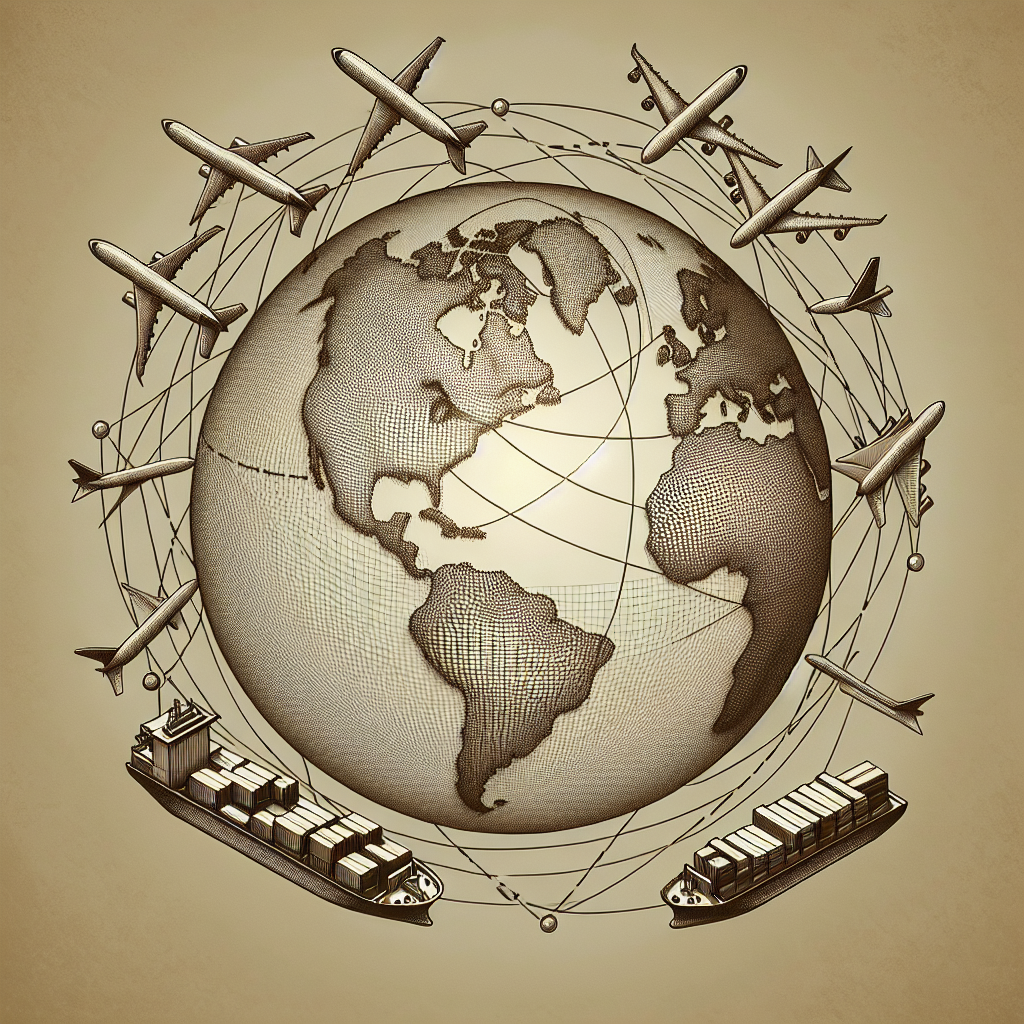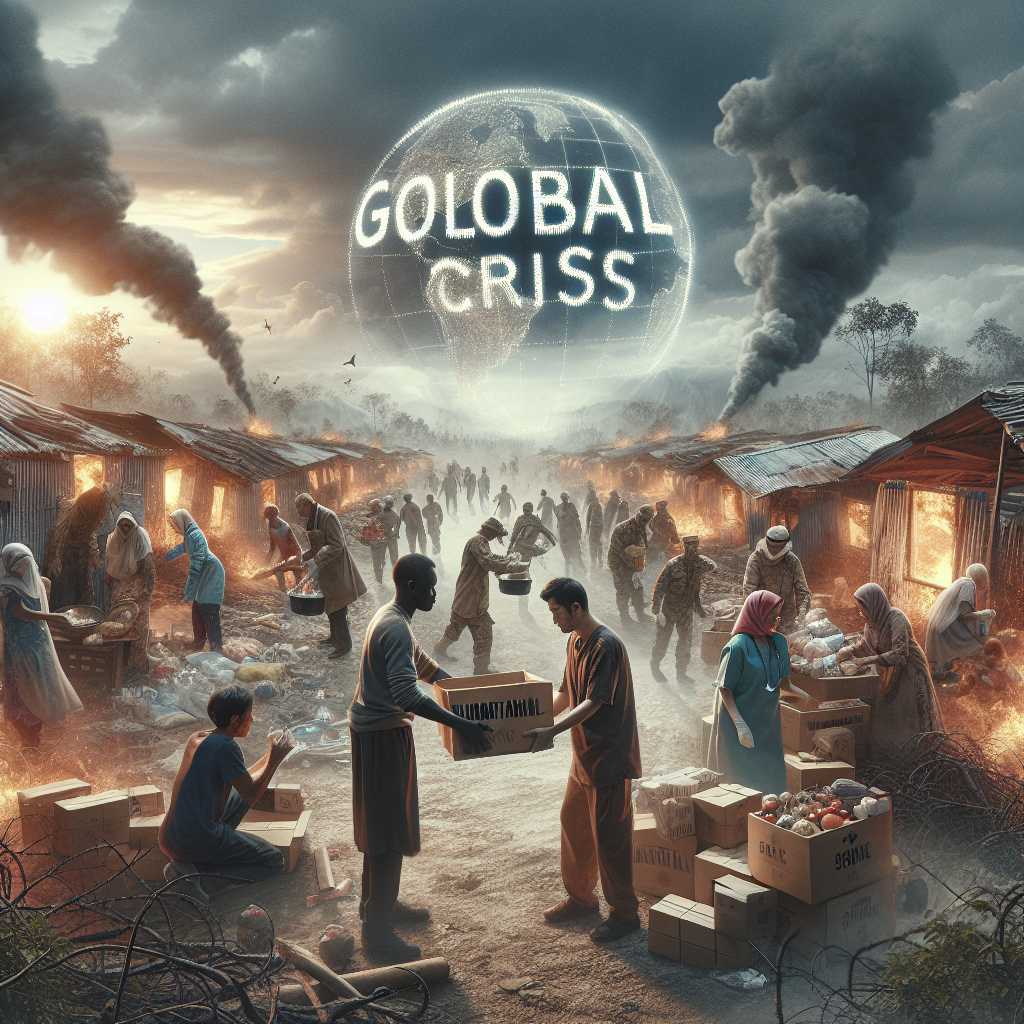Trade Wars: The Ongoing Impact on Global Supply Chains
Introduction
In recent years, trade wars have become a defining feature of the global economic landscape. Characterized by countries imposing tariffs or other forms of trade barriers against each other, these conflicts disrupt the seamless flow of goods and services that define modern globalization. While trade wars can be politically motivated or rooted in protectionist desires to safeguard national industries, their impact on global supply chains is profound and multifaceted.
The Genesis of Modern Trade Wars
Trade wars are not a novel phenomenon, but their recent resurgence can be most notably traced to the trade tensions between the United States and China. Initiated by the U.S. under the Trump administration, massive tariffs were imposed on Chinese goods, triggering a tit-for-tat response from Beijing.
While the U.S.-China feud garners the most attention, other skirmishes have erupted globally. For instance, Brexit has redefined trade dynamics within Europe and between the U.K. and its global trading partners. Similarly, rising geopolitical tensions with Russia have led to sanctions impacting various supply chains.
Immediate Disruptions
The most immediate impact of trade wars is the hike in costs for businesses and, subsequently, consumers. Increased tariffs make imported goods more expensive, leading to higher retail prices or squeezed profit margins for companies. For industries dependent on specific raw materials or products—such as electronics, automotive, and consumer goods—the disruptions can be particularly severe.
Moreover, companies that operate on a just-in-time inventory model are vulnerable. The stringent timelines they follow allow little room for delays or increased costs, which can cascade into broader operational challenges and even production halts.
Strategic Shifts in Supply Chains
The medium-term effect of prolonged trade wars is a strategic shift in how organizations build and manage their supply chains.
-
Diversification of Suppliers: Companies are increasingly looking to diversify their supplier base to mitigate the risk of relying on one country or region. This "China-plus-one" strategy has driven businesses to explore manufacturing capabilities in countries like Vietnam, India, and Mexico.
-
Regionalization: There’s a growing trend to regionalize supply chains to reduce tariffs and complexities associated with long-haul shipping. The concept of producing closer to the end consumer is gaining traction, as seen in North America with the reinforcement of the USMCA (United States-Mexico-Canada Agreement).
- Technological Adoption: Businesses are turning to technology for greater supply chain visibility and resilience. Advanced analytics, AI, and blockchain are being leveraged to predict disruptions, optimize routes, and verify the authenticity and compliance of goods.
Long-Term Consequences
The long-term implications of trade wars can be far-reaching. Here are some potential projections:
-
De-globalization: One of the most significant risks is the shift towards de-globalization. Persistent trade barriers might lead countries to adopt more isolationist policies, fragmenting global trade patterns which could reduce overall economic growth.
-
Innovation Stifling: Trade wars can stifle innovation. Unique technologies or raw materials restricted by tariffs or embargoes limit companies’ abilities to innovate and compete in a global marketplace.
- Economic Shifts: Economically, countries previously known as manufacturing giants may lose their edge, leading to a redistribution of industrial power. New economic hubs may emerge as businesses seek stable and cost-effective production bases.
The Human Element
Beyond the economic and logistical ramifications, the most profound impact of trade wars is on the workforce. Job losses in industries adversely affected by tariffs can create economic hardships for families and communities. On the flip side, regions gaining new manufacturing opportunities might see economic revitalization, although this often comes with a slow adjustment period and significant training requirements.
Conclusion
Trade wars, while often a tool of political maneuvering, have real and lasting effects on global supply chains. As countries navigate these tumultuous waters, businesses must be agile and forward-thinking, leveraging technology, fostering new partnerships, and continuously reassessing their supply chain strategies to mitigate risks. While the end goal of a trade war may be national advantage, the journey often involves global disarray, requiring a concerted effort from all stakeholders to maintain economic stability and growth.
As the world continues to grapple with the implications of these economic conflicts, only time will tell how supply chains evolve and what new paradigms emerge in this volatile and interconnected global economy.














Leave feedback about this
You must be logged in to post a comment.